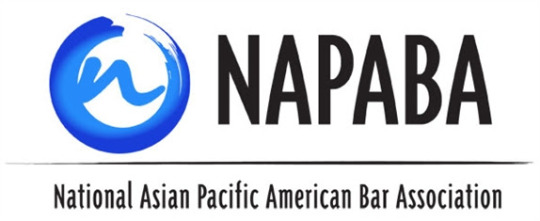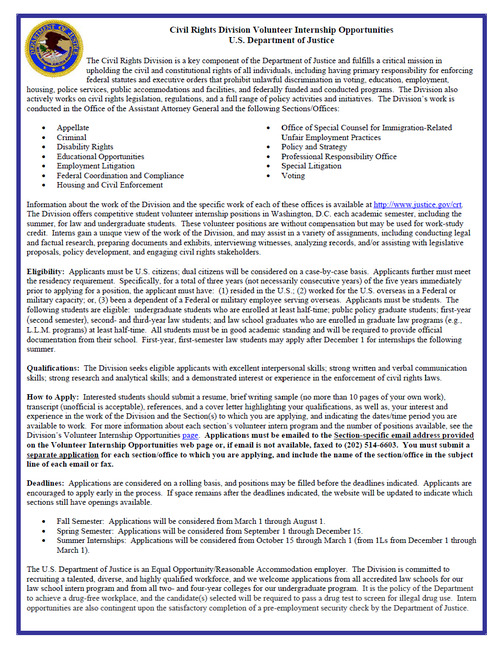WASHINGTON — The National Council of Asian Pacific Americans (NCAPA), National Asian Pacific American Bar Association (NAPABA), OCA – Asian Pacific American Advocates (OCA) and Asian Americans Advancing Justice were joined by 77 Asian Pacific American, civil rights and civil liberties organizations in sending a letter today to the Department of Justice Inspector General Michael E. Horowitz seeking an independent investigation into what appears to be a trend of Asian American scientists being arrested and indicted for espionage-related crimes, only to later have all charges dropped, without explanation.
60 Minutes recently highlighted the cases of Temple University Physics Department Chair Dr. Xiaoxing Xi and National Weather Service Hydrologist Sherry Chen, bringing these cases renewed national attention.
Last November, NCAPA and NAPABA led a letter to U.S. Attorney General Loretta Lynch urging her to lead a Department of Justice investigation. Forty-two members of Congress also requested a full investigation, followed by aCongressional Asian Pacific American Caucus letter to Inspector General Horowitz last month.
In April 2016, the Department of Justice issued new rules to provide greater oversight, consultation, and coordination for all national security related cases. While these are welcome improvements, they leave unanswered critical questions about what happened in the cases of Dr. Xi and Ms. Chen and whether profiling played any role.
“Members of Congress as well as the civil rights and legal communities continue to be concerned that individuals appear to have been targeted for investigations based on their perceived race, ethnicity, or national origin,” said NAPABA President Jin Y. Hwang. “As we have seen in the cases of Dr. Xiaoxing Xi and Ms. Sherry Chen, these investigations upend lives and have lasting impacts even after charges are dropped. We continue to urge the Department of Justice to conduct thorough and independent investigations to assure the American public that the protections afforded by the Constitution and enshrined in Department policy prohibiting profiling are being followed in the interest of preserving a fair and unbiased legal system.”
“OCA is concerned with the apparent practice of racial profiling in national espionage cases. Both Sherry Chen and Professor Xi’s cases highlight the very human costs of charges brought to court with insufficient evidence,” said OCA Chief Executive Officer Ken Lee. “The treatment that both of them endured must never happen again. That is why we, along with our partners at NCAPA, NAPABA, and the Asian Americans Advancing Justice network, sent a letter to the Inspector General’s office. We remain committed to ensuring that there is an independent investigation of the Department of Justice by the Inspector General’s office to determine whether or not race, ethnicity, and national origin is a determining factor in all national espionage cases, particularly in the cases against Asian Americans. To allow our nation’s headquarters for legal justice to use such underhanded tactics to persecute individuals would be a mockery of the advances our country has made in civil rights and equal and equitable treatment for all Americans.”
“Dr. Xi and Ms. Chen have already suffered enough professionally and psychologically. They deserve answers–and so do the American people,” said NCAPA National Director Christopher Kang. “We are deeply concerned by even the appearance of anyone being targeted because of their race, ethnicity or national origin, and we must prevent any practice of profiling from happening again. The Department of Justice must preserve our fundamental values of fairness and due process and protect our civil rights and civil liberties.”
For more information, the media may contact Brett Schuster, NAPABA communications manager, at 202-775-9555 or bschuster@napaba.org.



